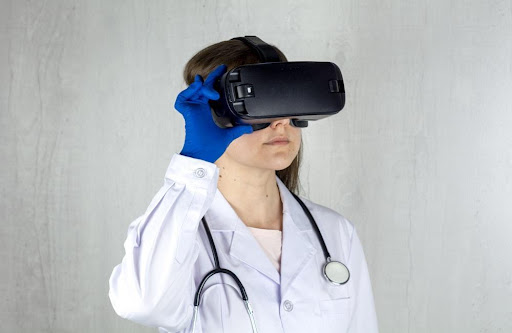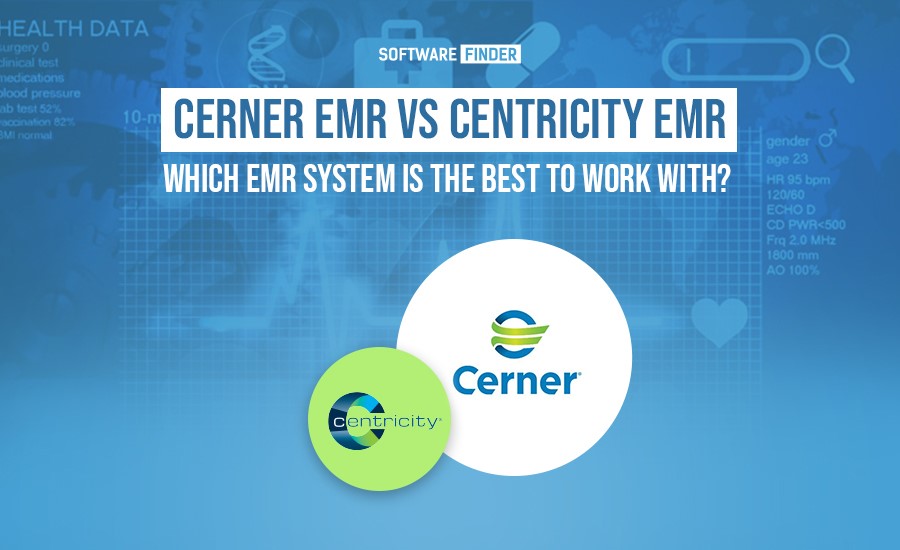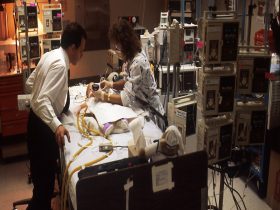Medicine is expanding due to artificial intelligence and machine learning. These innovations have cultivated improvements in drug development and discovery, which are of professional and public interest. Improving patient health outcomes and fine-tuning research for proper treatments are just a couple of the significant outcomes that have come about in advanced pharmaceutical and medical research. For more information on the future of medicine in these areas, continue reading.
Improvements To Patient Drug Accessibility
Access to medication has been a persistent struggle in and outside the US. From high prices to inadequate health systems, the distribution of medicine has been severely limited.
AI-related breakthroughs and PBM software have sparked approaches to improved patient drug accessibility. Innovations for treatments and new drug discoveries have also reduced the cost of pharmaceuticals. Drugs and more accurate clinical trials are developed more rapidly due to real-time data.
Nanotechnology As Preventative Care Via Detection
Nanotechnology is on course to revolutionize medicine. In the future, nanotechnology will have the capacity to detect oncoming health issues, including heart attack and stroke. This critical innovation will improve patient outcomes and decrease the percentage of deaths caused by cardiovascular disease.
Immunotherapy: Cancer Treatments Are Improving
Since 1991, there have been gradual improvements in cancer treatment due to the start of immunotherapy. While it is not where it should be, it has shown significant success in fighting cancer cells.
The lives of children and adults have been saved by this cancer therapy, with a 29% decline in cancer mortality since the treatment began in the US alone. Medical research grants by Cancer Research have been awarded to continue with immunotherapy cancer research.
3D Bioprinting Breakthroughs
3D printing, which is typically used for dental appliance production, has now been put to important use in the creation of prosthetic limbs. Plans to address other pressing needs within the field of bioprinting are set to revolutionize healthcare.
Researchers have discussed the possibility of 3D bioprinting replacement tissues and organs that are bio-engineered and fully functioning. With bioprinting, lives can be saved without waiting for the miracle of a transplant.
Diagnostics Technology Improves Accurate Medical Usage
Various diagnostics advances, such as “learning health systems” and advanced diagnosis predictions that have emerged thanks to AI technology are paving the way for the development of personalized treatments and accessibility to new medications. With improved understanding and usage of new medications, patients receive more accurate care and improved health outcomes.
Potential Solutions For Antibiotic Resistance
There is a growing threat of antimicrobial resistance, which is a significant concern for treating patients successfully with conditions that require antibiotics. Theoretically, newer treatment technologies may improve patient treatment outcomes, despite antibiotic resistance. Thanks to alternative technologies within the antibiotics markets, new technologies, including bacteriophages, may effectively replace traditional antibiotic treatment for specific pathogens. Bacteriophages are potential solutions as these are viruses that can find and kill specific bacteria.
New technologies may replace the need for traditional antibiotics through approaches such as product substitution within the current markets and by utilizing preventive approaches before the onset of bacterial infections. Additional research is needed to establish the effectiveness of these new treatment approaches. Still, it is plausible that these technologies may, to an extent, ultimately counter antibiotic resistance.
Technology Is Headed Toward Better Patient Outcomes All-Around
While medical technology is rapidly improving modern healthcare and medicine, researchers are still learning about what these innovations can do for the future of medical care and human health. For now, it’s evident the future of medicine will, at the very least, lean heavily on AI and machine learning to produce improved health outcomes.






